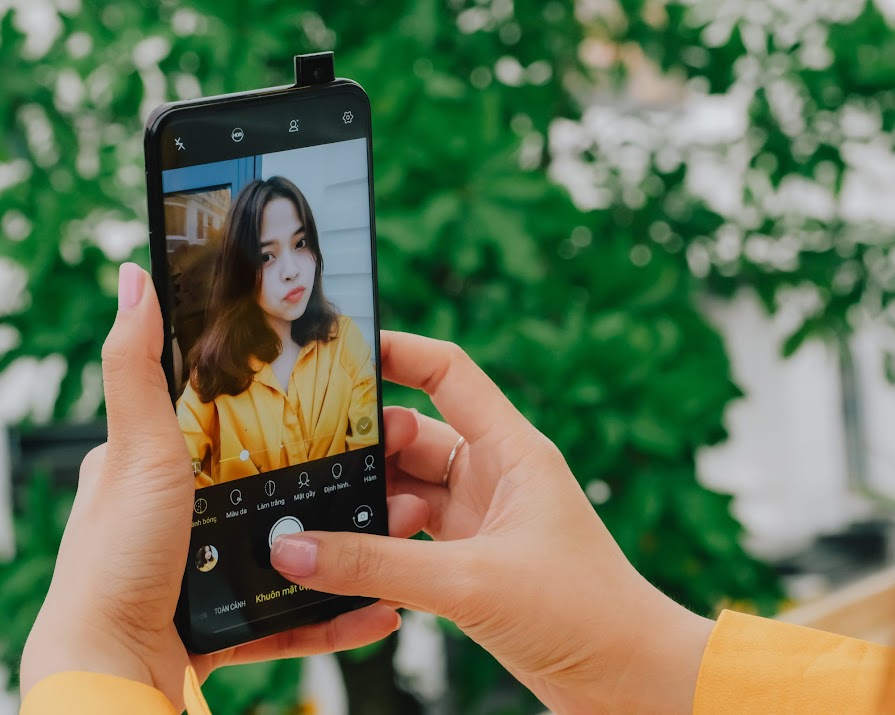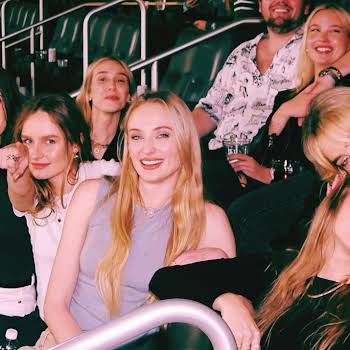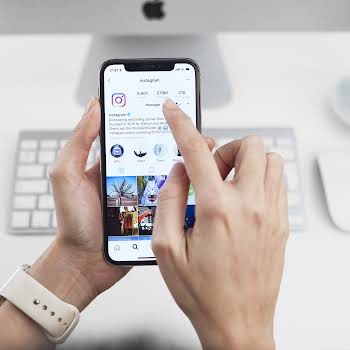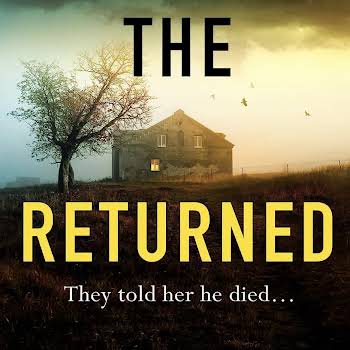
By IMAGE
05th Jun 2019
05th Jun 2019
Author Melanie Murphy weighs in on the Instagram vs Reality trend and says it’s time we all be more honest online (and unfollow those who aren’t)
I think it’s time for a bit of a revolution.
“Instagram vs reality” side by side photo posts are all over my explore page as I type. An Instagram user will post a relaxed and hashtag-relatable picture of them not sucking in, posing-in-a-way-that-isn’t-over-the-top and un-airbrushed, alongside a “perfect” snap of them taken using the “right” angles and “good” lighting, often where their figure has been “enhanced” so that their waist is cinched and their bum is round as the planet we’re slowly destroying (of course, they’ll be wearing a brand new outfit that they likely won’t be seen dead in online ever again). Many well-intentioned Instagram users now share posts like this in an effort to encourage others not to compare themselves to pictures they see on the internet, to show how real people look, and yet, in my experience as someone who receives thousands of messages a week from young people, it’s not working.

Young, impressionable teenagers
Unfortunately, it appears to me that the act of sharing photos that embellish the truth while exposing the “reality” that so many hide is actually inadvertently teaching young, impressionable teenagers during their formative years: you can Photoshop away your feelings of inadequacy and you can achieve this look… the one that garners all the likes and the praise.
By comparing, we’re teaching others to do the same and to notice “flaws” that are perceived as such online. And, well, hundreds of thousands of users don’t share these “reality” shots, so teens are still left feeling like they don’t measure up.
I don’t think young people need to change, I think Instagram culture needs to change.
When I was younger, I loved a good shortcut. How can I get to school without having to walk for 40 minutes? A lift? Brilliant. How can I get this homework done so I can go and watch MTV? Copy my friend’s homework and just change some words around? Fantastic. If I was 14 now, feeling the immense pressure that so many young people do nowadays to look a certain way, you can bet your arse I’d be all up in those editing apps and I’d grow to be absolutely mortified by my real-world reflection having seen how I could look.
I don’t think young people need to change, I think Instagram culture needs to change.
Scary at first
Over the years as an online content creator, I’ve shared images and videos of my acne, my scars, my stretch marks, my belly rolls, my “chicken skin” and my teeth minus denture. It was scary at first to open myself up to the inevitable bullying and trolling, but it felt necessary. I was fed up of all the cardboard cut-outs, of being the pale not-thin-but-not-chubby-either girl who didn’t want to play the clone game, and I fully believed (still do) that posting how we look without framing it as though the reality is somehow less than or is – sigh – shocking (just because it’s not been airbrushed), that that’s what more of us need to do on the reg if we want young people to feel less pressure to conform to the new norm of editing yourself to look like an Instagram model, ’cause popularity.
I believe in posting pictures and Instagram stories of ourselves just as we are more regularly – minus make-up, eye bags and spots galore – without reference to how we “don’t look how we should/could look”. Maybe then, reality would be Instagram and we could ditch the vs.
Too many influencers often present an angled, contorted, filtered, fluffy, colour-enhanced view of reality
At the end of the day, we’re all trying to navigate a world where getting that shot can matter more to some than having a good time (insert Coachella throwback: an event dominated by young people hoping to appear like they’re having the best, most glamorous time, regardless of how many potential memories they might be missing out on while framing their too-perfect pictures for The Gram, so that people they don’t know can think they’re having a great time, even if… they aren’t).
Too many Instagram influencers often present an angled, contorted, filtered, fluffy, colour-enhanced view of reality, and research shows that this can impact user mental health. Although I don’t know the answer because I’m not ‘All Knowing’ (and though I’ve done the same thing myself at times because of the pressure), I’m confident that it isn’t to pit overly framed content up against “reality” to make a point – shills and liars won’t give up masquerading as artistic photographers so they can sell skinny tea to vulnerable girls any time soon, so, I think the onus is on us.
‘If only’
To follow/like wisely, to share for the sake of sharing and to not lie to ourselves and to others – something the protagonist of my debut novel, If Only, struggles with as she presents a faux reality online, hoping to trick herself into being happy about her life instead of taking steps to change it.
In the past, my Instagram feed made me feel like my life was boring and like I was a disgusting creature unworthy of posting. Now, it’s full of content by creative accounts by varied and interesting people with positive messages to spread, which encourages me to be myself on the platform. I’ve unfollowed, I’ve self-educated and I’ve committed to sharing a mix of pictures and stories that are glam and real and dolled-up and in-a-bun-and-pyjamas-for-the-day-folks. On Instagram, I like to see travel photography, meals and recipes, cute animals, book reviews and body diversity, and that’s what I see. We have control over our experience of reality, over what we engage with when we go online, and we need to use that power and, above all, to instil it in young people in any way that we can.

Melanie Murphy’s debut novel, If Only (Hachette Ireland, €13.99) is out now.
Main photograph by Tinh Khuong/Unsplash






















